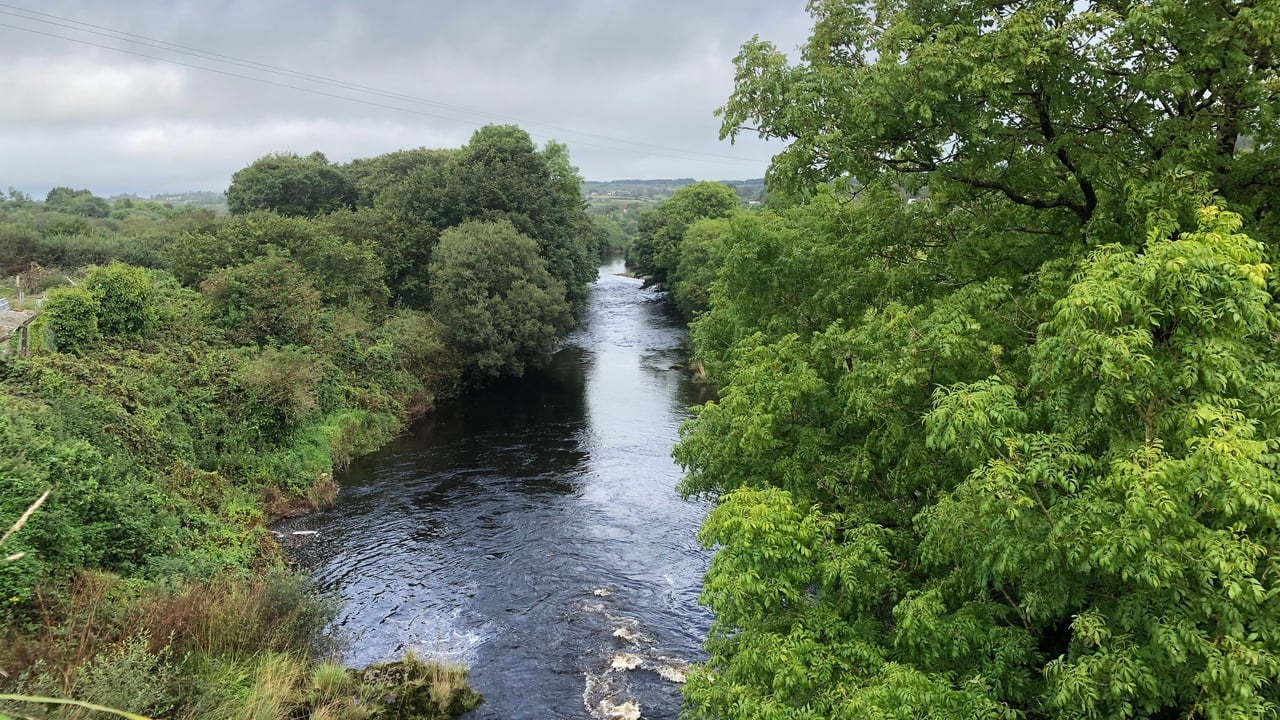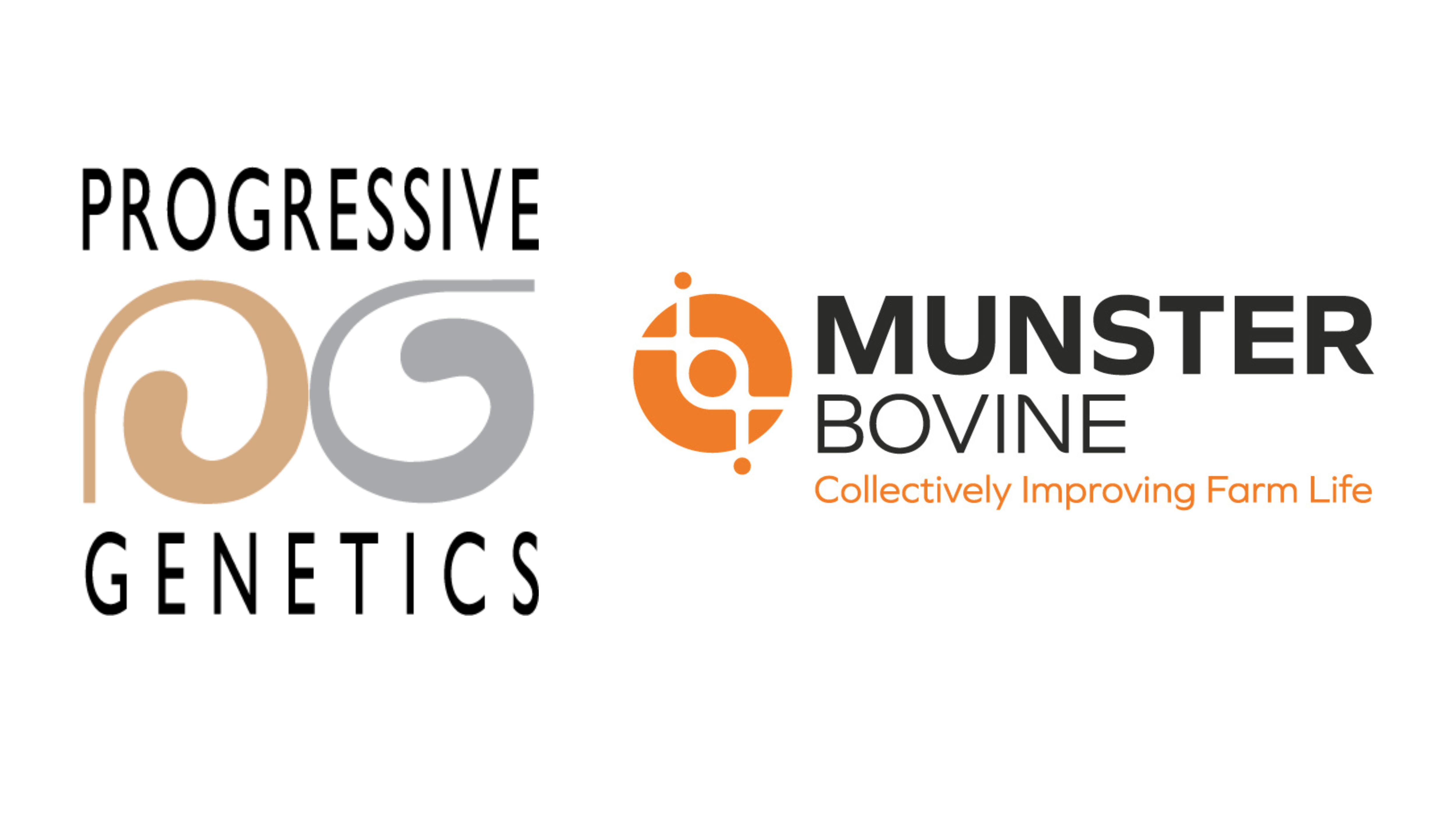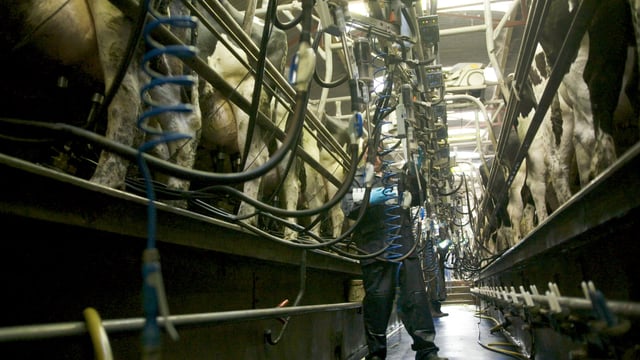EU organic farming group calls for 'concrete action' on water quality
An organisation representing organic farming groups in Europe has called for the EU to put "concrete actions" in place to address water quality in its upcoming Water Resilience Strategy.
IFOAM Organics Europe said that it welcomed the European Commission's intention to publish a strategy on water quality.
The organisation's comments come as European Commissioner for Environment and Water Resilience Jessika Roswall hosts a 'roundtable' discussion on agriculture and water quality today (Tuesday, March 25).
Speaking today, Jan Plagge, president of IFOAM Organics Europe, said: "Organic farming can offer a systemic solution to improve water quality, enhance water availability, and strengthen resilience to extreme weather events."
"Organic farming contributes to water resilience by reducing pollution, improving soil health, and supporting climate adaptation.
"By prohibiting synthetic fertilisers and pesticides, organic farming significantly reduces nitrate leaching and contamination of groundwater by chemicals, easing the financial burden of water treatments," Plagge added.
His colleague Eduardo Cuoco, director of IFOAM Organics Europe, said that "the upcoming Water Resilience Strategy, and relevant pieces of legislation, should explicitly recognise organic farming as a key solution for water resilience, especially in areas affected by extreme weather events and water scarce areas".
"Banning synthetic pesticides in water catchment areas is essential to safeguard drinking water and reduce the costs of groundwater depollution," Cuoco added.
IFOAM Organic Europe has called on the European Commission to "explicitly integrate" organic farming into the Water Resilience Strategy, "as a core measure for protecting water quality, biodiversity and climate resilience, as well as a means to considerably reduce costs related to ground water pollution".
The stakeholder meeting held by Commissioner Roswall today is the first of three on the upcoming European Water Resilience Strategy.
The next meeting, on Thursday (March 27), will be on ‘Water and Industry’, while the final meeting on Friday (March 28) will be on the topic of ‘Water and Finance’.
The Water Resilience Strategy is set to address water efficiency, scarcity, pollution, and water-related risks, the European Commission said.
It will also aim to enhance competitiveness and innovation in the water industry; develop clean technology; take a circular economy approach; and include proposals to digitalise water management.





